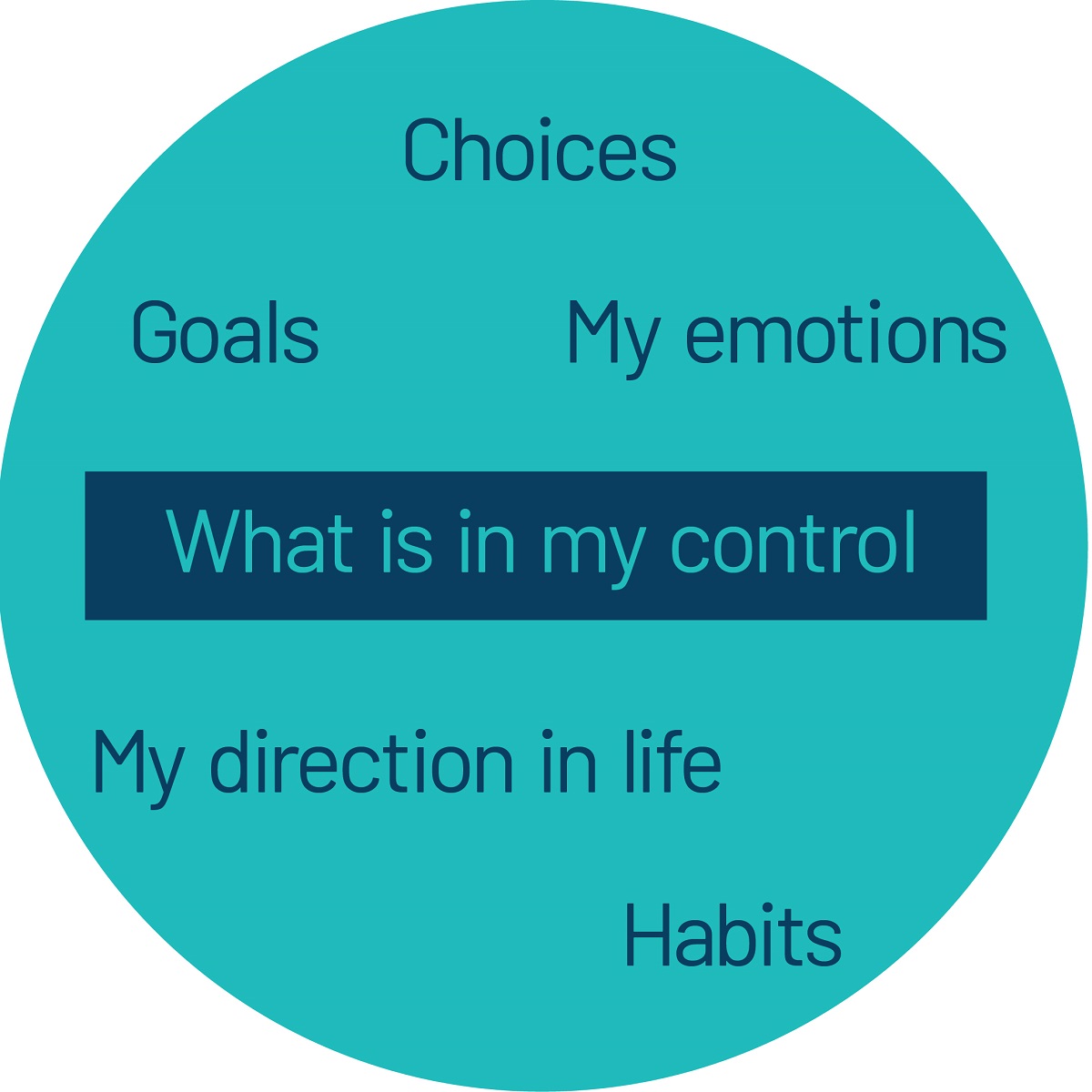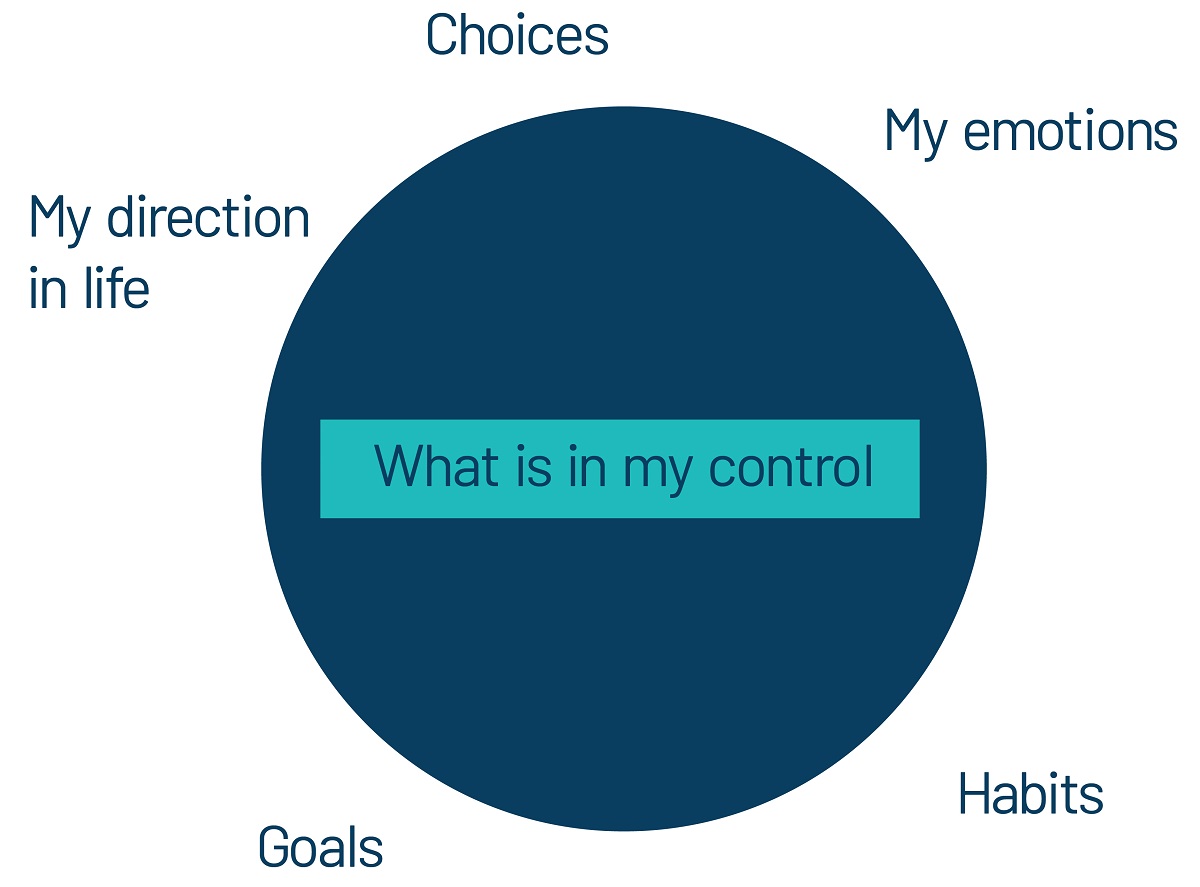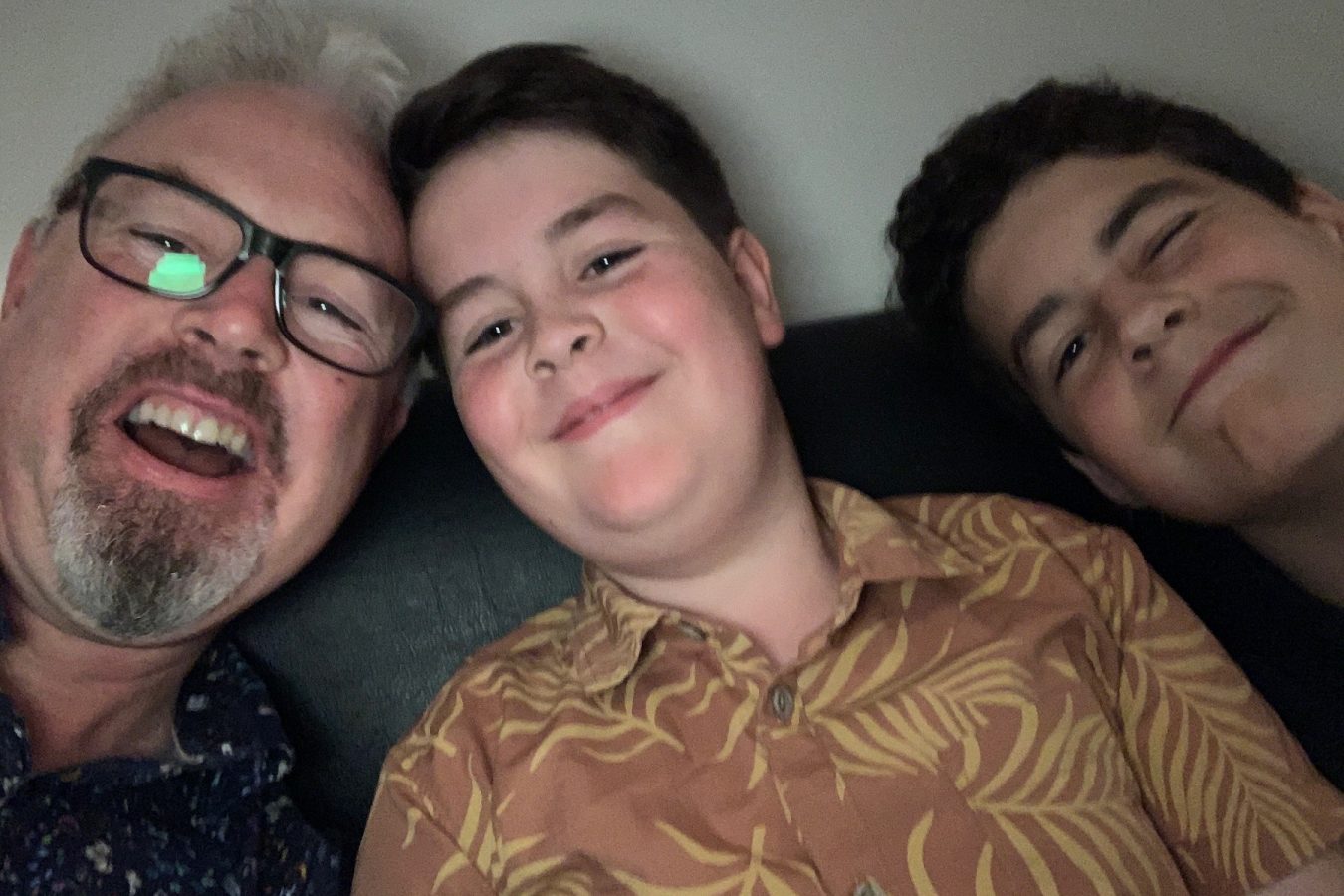
We're used to exerting control in our lives, but all that has changed, writes Tim Klein. It's important to acknowledge what's happening.
My youngest son turns one year old tomorrow. Besides the 5:00 am wake-ups and food forever flung on the floor, I love this developmental stage: he is taking literal baby steps (but doing more falling than walking), he has a handful of words and has just found that he can point.
One of his favorite things to do, much to his older brother’s chagrin, is to knock over blocks, the higher the pile the better. He gets so much delight from knocking them over, again and again and again, it boggles the mind.
A one-year old knocking things over is not a novel insight. What’s interesting is why he likes it so much:
It’s his way of exerting control.
He loves the realisation that he can influence his environment. Up to this point, his whole life has been controlled by adults or his brother. He is beginning to realize that he can determine where he goes and what he does. It’s dawned on him that he has a choice in what happens to him. Now his life consists of pushing boundaries to test the limits of his control.
For example, he recently refused to drink milk from a bottle but he will drink it from a sippy cup. Why? Because mom or dad has to feed him a bottle, whereas he chooses to drink from a sippy cup. His desire for control is stronger than his grumbling tummy. Turns out, my toddler is not alone.
We all desire control
My kid isn’t the only one who is obsessed with control; we all have an innate desire for it. We all want to feel like we are in control of our lives, rather than being controlled by outside forces.
Researchers refer to this dichotomy as a ‘locus of control.’ People with an internal locus of control believe that they are in charge of their own lives and destinies. Their talents, abilities and effort determine their outcomes more than any outside force. A person with a strong internal locus of control has a deep-seated belief that they get to determine the trajectory their lives take.
Take as an example a young person who wants to become a doctor. If they believe that becoming a doctor is in their control, they know that if they work hard enough, if they don’t quit, they will become a doctor. They might not get into the medical program of their choice, but they will work to become a doctor by any means necessary and they know they won’t stop until they do so.
Below: Internal Locus of Control: A non-scientific representation.

Why feeling in control is important
This feeling of control is critical. As Charles Duhigg notes in his book Smarter, Better, Faster, research has shown that people with an internal locus of control do better in school, have lower levels of depression and anxiety and actually live longer. They also work harder, are more confident and are more resilient than their peers.
On the opposite end of the spectrum is an external locus of control. People with an external locus of control believe that ultimately, their lives are not up to them. They believe that events outside of their control have a larger influence on their successful than their own talents, abilities and efforts.
As Duhigg notes, an external locus of control ‘is correlated with higher levels of stress, [often] because an individual perceives the situation as beyond his or her coping abilities.’
This feeling of being out of control causes people to experience more mental health issues and reduces their resiliency. Imagine if the person who wanted to be a doctor believed they had an external locus of control. They think outside forces such as organic chemistry, the admissions department of a medical school and perhaps their own innate ability have more control over them becoming a doctor than their desire, hard work and ability.
This belief causes people to view any and every challenge as a severe threat. The next obstacle faced could be the thing that crushes their dreams forever.
Below: External Locus of Control: A non-scientific representation.

It's normal to feel out of control now
In sum, control influences our motivation, effort and beliefs about what’s possible.
Unfortunately COVID-19 has made the world seem more out of control than ever before, especially for young people.
It’s never been easier to point out all the ways everything seems wildly out of control, from schools re-opening, graduation ceremonies commencing, or camps returning.
If you or your kids feel out of control, that is perfectly normal and completely OK. It’s a rational response to a global pandemic.
If you have or work with kids who are lethargic, unmotivated, or disengaged, viewing their emotions and behaviors through the lens of control might help you foster a more empathetic understanding of their world.
[In a coming post], I will provide some more strategies to help people foster an internal locus of control. For now, recognising and validating an external locus of control can be incredibly powerful. Opening up about being out of control is the first step to gaining control.
We live in an out of control world, but that doesn’t mean it will stay that way forever. It’s important to remind our kids (and ourselves) of this as often as possible.
About the author
Tim Klein is an award-winning educator, clinical therapist and school counsellor. He currently works at Boston College as the Project Lead for The True North Program.
To read more of Tim’s work, click here.
Independent Schools Victoria partners with Project Wayfinder to create lives of meaning and purpose for both students and educators.
Find out more about Project WayfinderSubscribe


